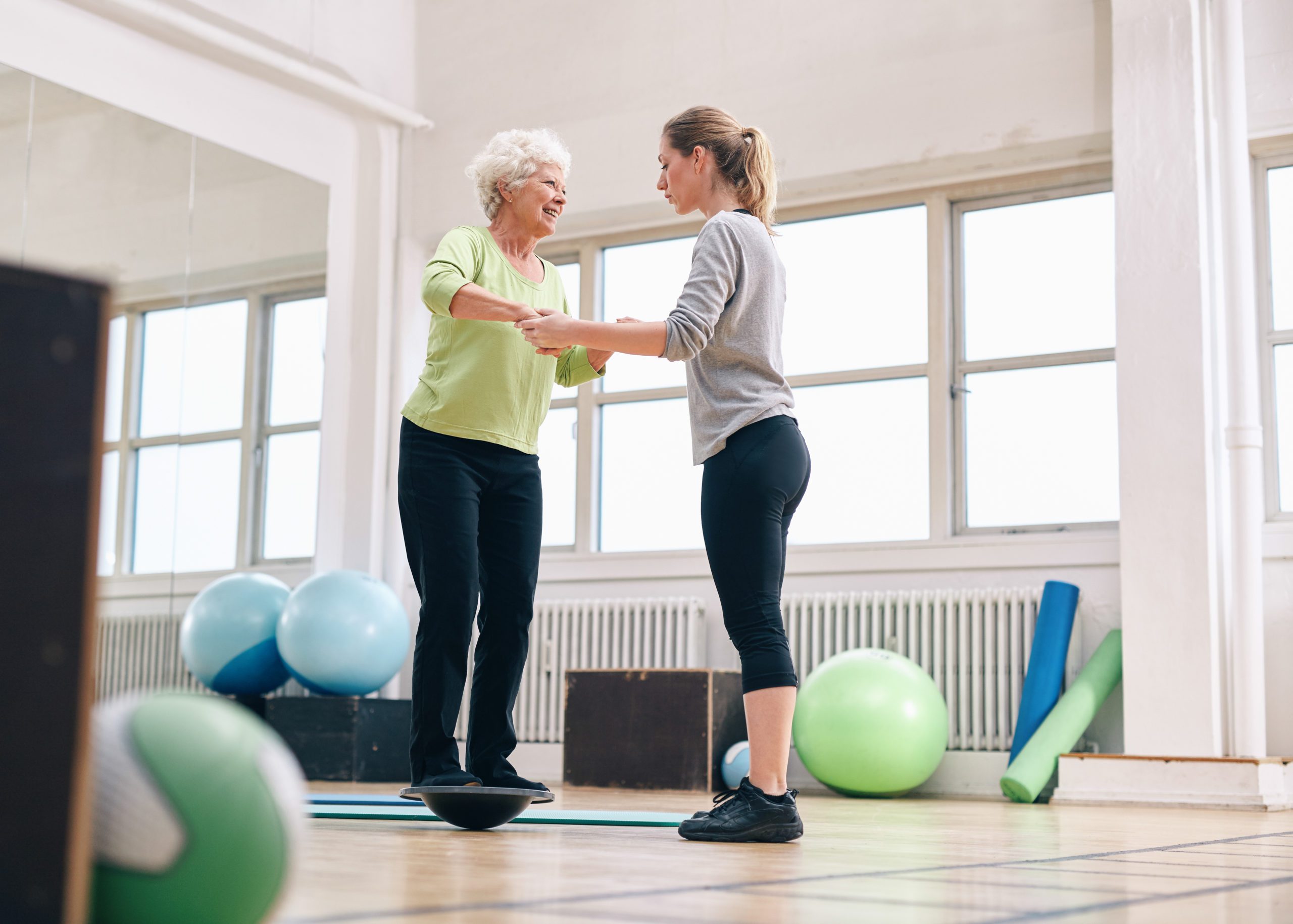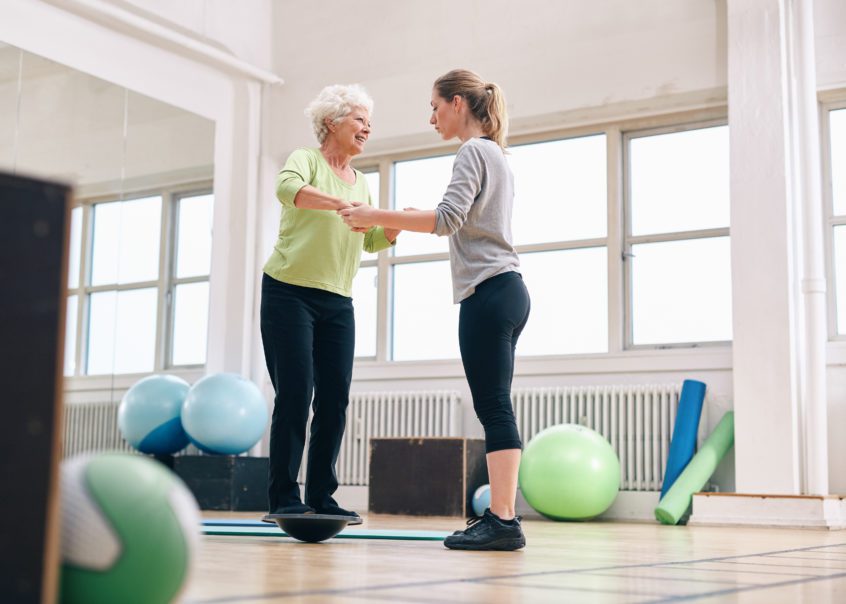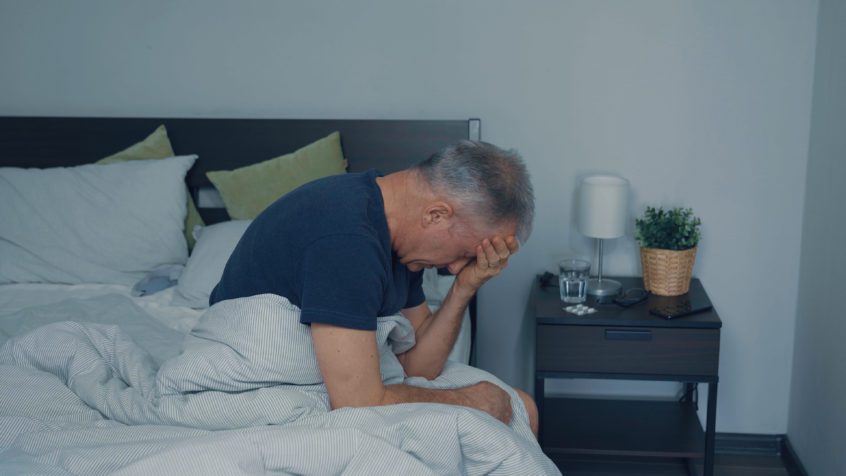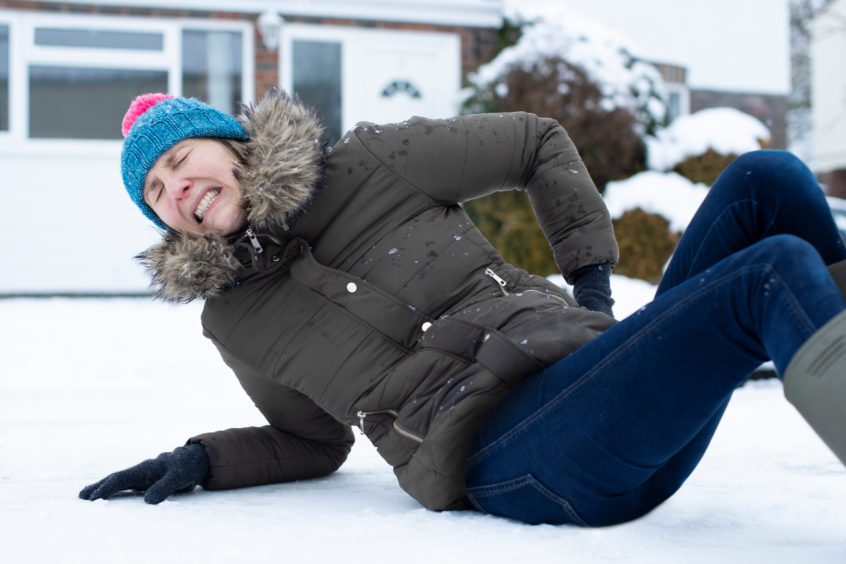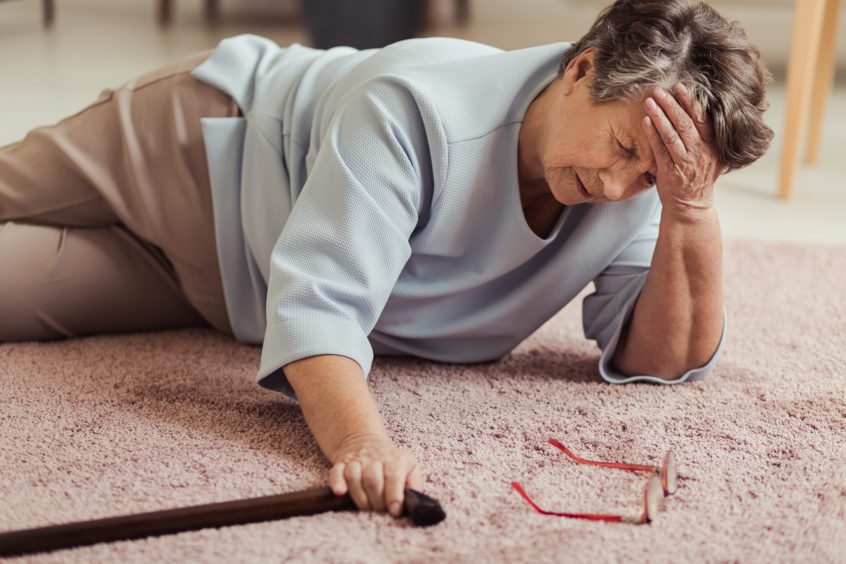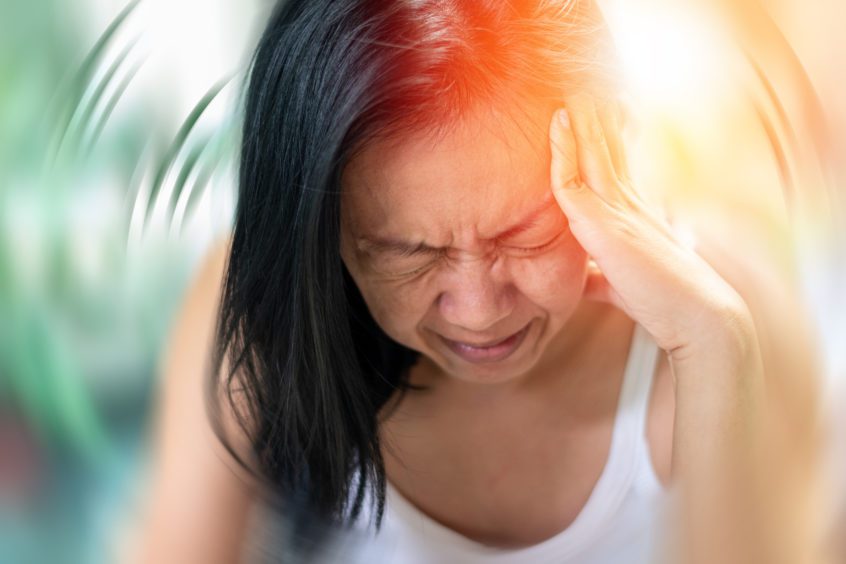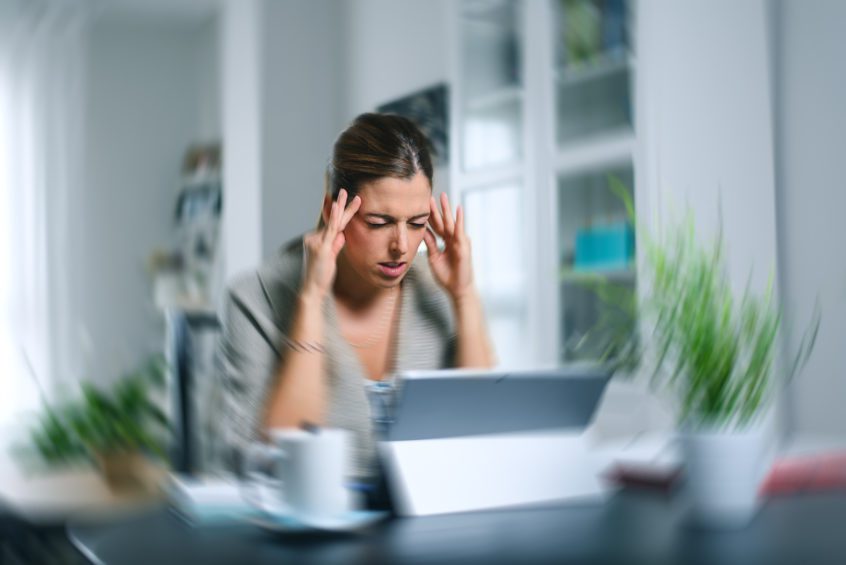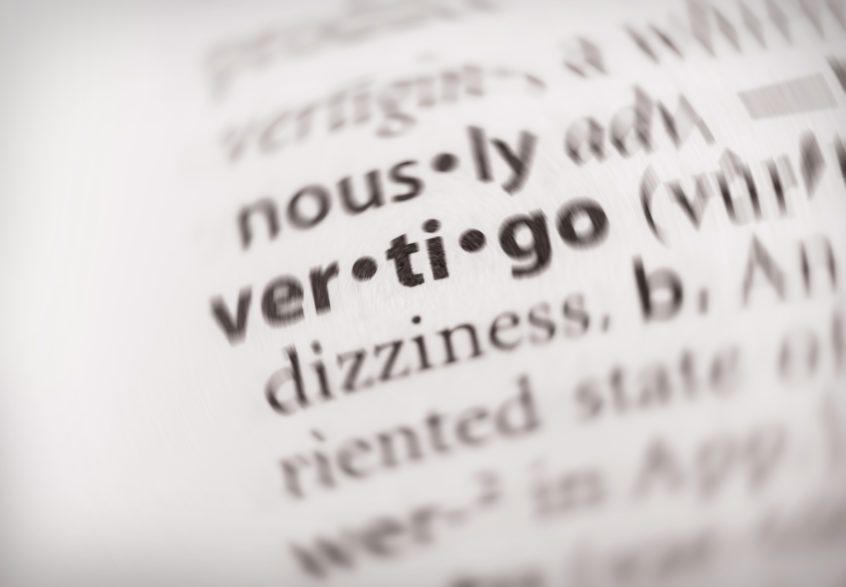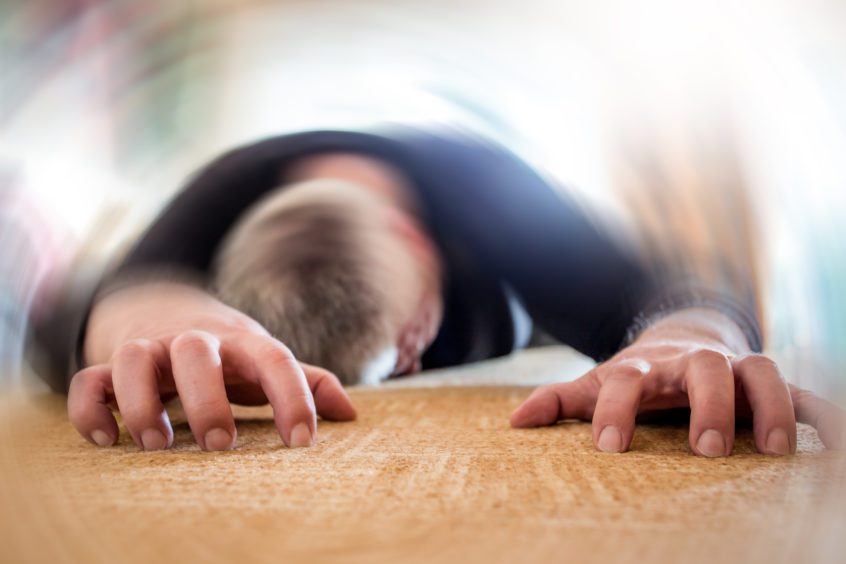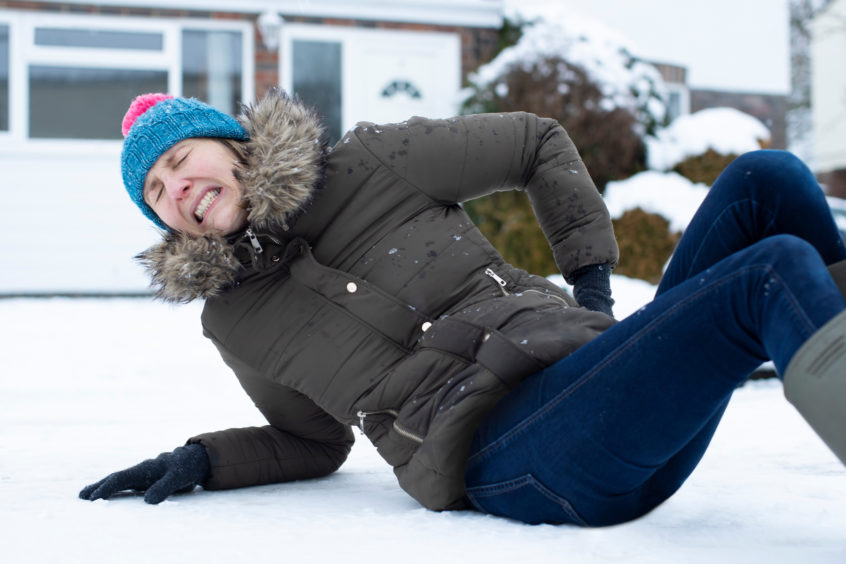How Hearing Loss Can Affect Your Balance According to the Centers for Disease Control, more than one out of four older people falls each year, and falling once doubles your chances of falling again. A number of conditions can lead to falls—from vitamin D deficiency to vision problems to trip hazards like throw rugs. But a recent study has found … Read More
What Goes into Good Balance?
Understanding the Science of Balance Most of us don’t have a problem with our balance. We roll over in bed, get up in the middle of the night and can easily walk to the bathroom without giving it a second thought. But what if that simple task wasn’t so simple? What if getting out of bed caused you to become … Read More
Take Precautions to Prevent Slips and Falls this Winter
Winter Safety: Preventing Slips and Falls with Hearing Loss Winter in the Midwest is here, and while it’s tough to predict whether this winter will be colder or snowier than usual, one thing is for sure—at some point temperatures will likely drop and it will be slick outside. Though that’s just a fact of life for most of us, for … Read More
Preventing Falls at Home
Preventing Falls While at Home According to the Centers for Disease Control, approximately 60% of falls in adults over age 65 occur at home and most don’t happen from a height, say a ladder or the stairs. Most happen at ground level. While there are many causes for falls, dizziness and balance problems are more common as adults age. In … Read More
Getting Diagnosed for Dizziness & Balance Disorders
How Imbalance Can Feel Dizziness and balance disorders can be difficult and frustrating conditions to diagnose for patients. One reason is because patients often have a difficult time describing their symptoms in a meaningful way to their healthcare providers. Vertigo is the most specific symptom many patients experience, and it has a specific definition—it is an illusion, or feeling, of … Read More
Medicare’s Approval of VEMP Testing a Positive Sign for Dizzy Patients
Medicare Approval of VEMP Testing: A Win for Dizzy Patients Every second of every day in the United States an older adult falls, making falls the number one cause of injuries and deaths from injury among older Americans, according to the Centers for Disease Control. So when someone experiences the symptoms of dizziness and balance problems, and they seek help … Read More
Why Dizziness is More Common as We Age
Why Dizziness Increases with Age Dizziness and balance issues can become a problem at any age, but they are more common in adults over age 65. Often, aging and other medical conditions that are more common in older adults, such as diabetes and peripheral neuropathy, can impact the ability to maintain balance. The body has three primary sensory systems that … Read More
As You Age, You May be at Increased Risk of Falling
How Aging Increases Fall Risk According to the Vestibular Disorders Association, one of the leading health concerns for people over the age of 60 is falling, which is often related to balance problems. Each year millions of adults fall and one in five of those falls leads to serious injury, based on information from the Centers for Disease Control. One … Read More
New Study Points to Dancing As Key to Balance and Fall Prevention
Study Shows Dancing Improves Balance and Prevents Falls Dancing is about more than having fun—it’s about being active, especially as we age. And now, there’s another good reason to kick up your heels and cut a rug—dancing can help prevent falls! According to the results of a meta-analysis published in JAMA Open recently, the researchers pooled data from 29 controlled … Read More
Don’t Slip Up!
Avoid Slips and Falls with These Simple Tips According to the National Council on Aging, falls are the leading cause of fatal and non-fatal injuries for older Americans. Falls threaten seniors’ safety and independence and generate enormous economic and personal costs. According to the U.S. Centers for Disease Control and Prevention: One in four Americans aged 65+ falls each year. … Read More


